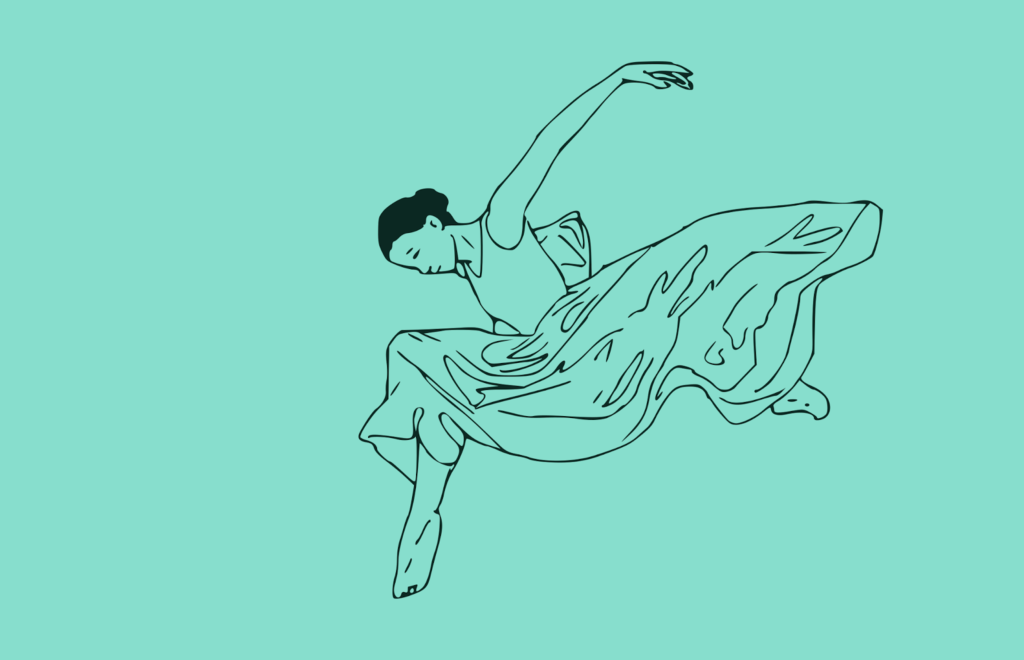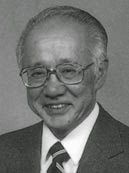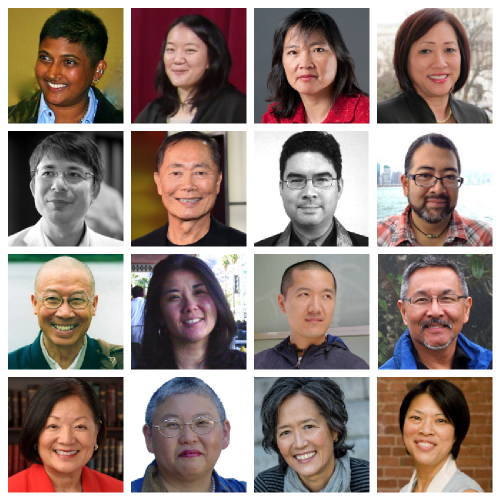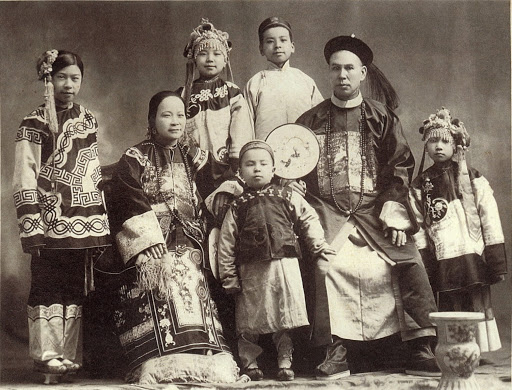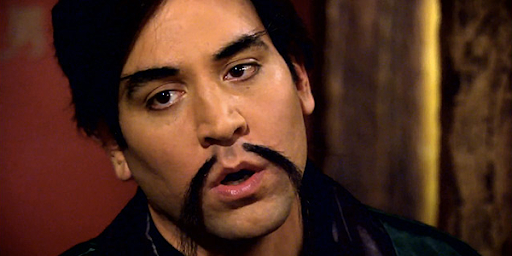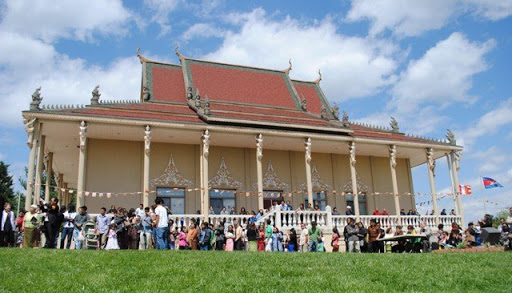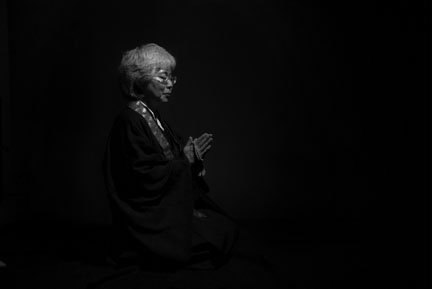There’s a lot in Funie Hsu’s article on the Lion’s Roar website that strikes a chord with me. Even the title resonates with a point I find I’m compelled to make, again and again, that not only am I an American Buddhist, at least four generations of my family have been practicing Buddhism in America in uniquely American ways. But is that how white Buddhists talk about us and American Buddhism? Hsu writes…
Indeed, Asian and Asian-American Buddhist practices have often been dismissed as superstitious, inauthentic (yet authentically exotic!) forms of Buddhism. In mainstream white American Buddhist conversations, white Buddhists are often heralded as the erudite saviors and purifiers of Buddhism. This perspective exemplifies the subtle enactments and overwhelming hubris of white supremacy. In positioning a certain type of Buddhism (white) as better than other kinds of Buddhism (Asian, “folk,” “baggage Buddhism”), the white ownership of Buddhism is claimed through delegitimizing the validity and long history of our traditions, then appropriating the practices on the pretext of performing them more correctly.
The issues discussed in this piece are controversial in our current political climate. But Buddhist America is not immune to the very racial stereotypes and divisions that run rampant in America in general. If we cannot address these issues in our own Buddhist communities, how can we think we can address them in broader American society and throughout the world?
The full piece is available online at Lion’s Roar.
